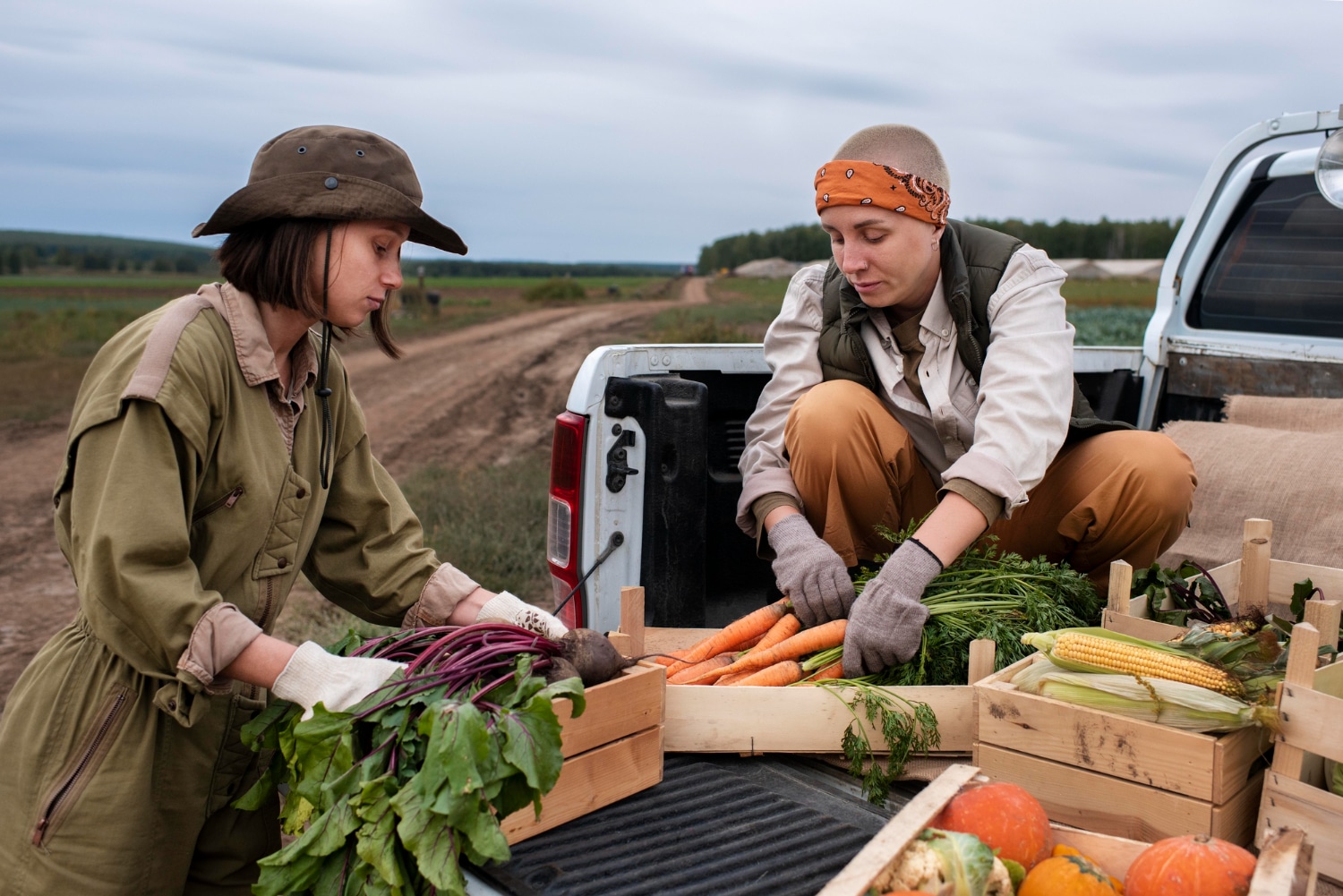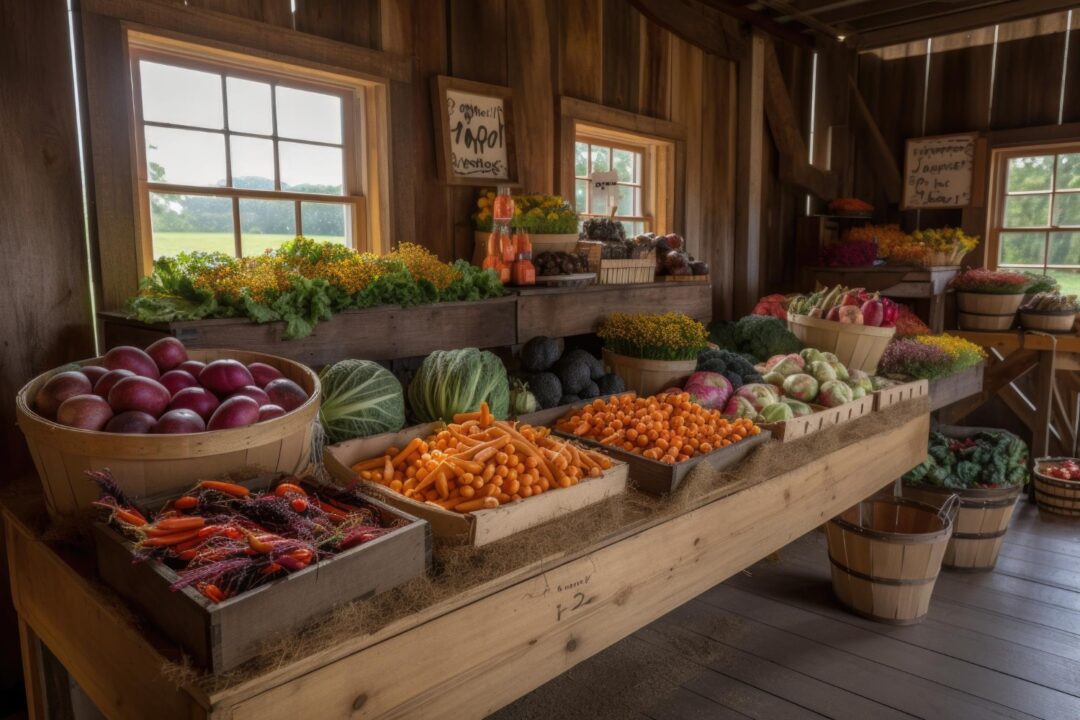Farmers are increasingly seeking ways to stabilise their farm income and ensure the sustainability of their agricultural businesses. Farm diverification is one strategy farmers are using to achieve this. Diversifying a farming business involves branching out into new ventures beyond traditional farming activities. While farm diversification can mitigate business risks and enhance revenue, it is important that the long term tax implications of farm diversification are considered.
Why Diversify your farm business?
The benefit of farm diversification lies in its potential to create supplementary income streams which bolster the financial stability of farming operations. In the agricultural sector marketing conditions change on a regular basis leading to farmers exploring avenues to generate additional cash flow. By expanding into complementary sectors such as tourism, hospitality, or renewable energy, the farming industry can tap into new revenue sources that are less susceptible to market volatility.

Farm diversification ideas
Listed below are the most common ways farmers look to diverify thier farm business.
-
Setup a farm shop to sell farm produce
-
Rent space for storage using unused buildings
-
Start an B’n’B
-
Set up a camping or glamping site
Agricultural Property Relief (APR) and Business Property Relief (BPR)
Diversifying your business can lead to tax implications on Agricultural Property Relief (APR) and Business Property Relief (BPR). APR provides relief from inheritance tax (IHT) on the agricultural value of land and buildings used for farming purposes. However, when assets are repurposed for non-agricultural activities, APR ceases to apply, potentially exposing these assets to inheritance tax.
On the other hand, BPR offers relief on business assets, including land, machinery, and goodwill. This relief can be crucial for diversified agricultural businesses, as it covers the additional value beyond agricultural purposes, such as development potential. However, qualifying for BPR hinges on the business meeting HMRC’s criteria for a ‘trading’ enterprise, rather than an ‘investment’ one. This distinction is critical, as it determines the extent of relief available.
Navigating the Tax Implications
Assessing the trading status of a diversified agricultural business is subjective and involves scrutiny of various factors by HMRC. While diversification can enhance revenue, activities such as property letting, common in diversification strategies, may inadvertently shift the business towards investment rather than trading. This shift jeopardises BPR eligibility, potentially subjecting assets to higher inheritance tax liabilities.
To safeguard against adverse tax implications, farmers must maintain a delicate balance between trading and investment activities within their business. This may involve strategic structuring of business operations, such as segregating investment assets or maximising BPR-qualifying activities. Early planning is key to preserving assets for future generations and avoiding unforeseen tax liabilities.
Tenancy Considerations
Farmers with Agricultural Holdings Act (AHA) tenancies must also factor in diversification’s impact on succession prospects. Succession to a tenancy often requires demonstrating a principal source of livelihood from agricultural work. While non-agricultural income from diversification activities can contribute to this requirement, obtaining landlord consent is essential.
Conclusion
In conclusion, while diversification holds promise for agricultural businesses seeking stability and growth, it’s imperative to navigate the associated tax implications diligently. By understanding the nuances of APR, BPR, and tenancy considerations, farmers can optimise their diversification strategies while minimising tax liabilities. Proactive planning not only safeguards the financial future of farming enterprises but also ensures a smooth transition for future generations.
How can we help?
As Hawsons have a team of dedicated agriculture accountants we are well-placed to work with your family, getting to understand your farming business and help you create an effective succession plan. Working closely with the experts from our in-house tax department and wealth management team, we can help you ensure that your succession plan is tax-efficient and takes into account all of your financial planning requirements.
If you are thinking about succession planning, please get in touch and book a free initial meeting with one of our experts using the form below.
Free initial meeting
Dan Wood
Partner, Doncaster
This site is protected by reCAPTCHA and the Google
Privacy Policy and
Terms of Service apply.


